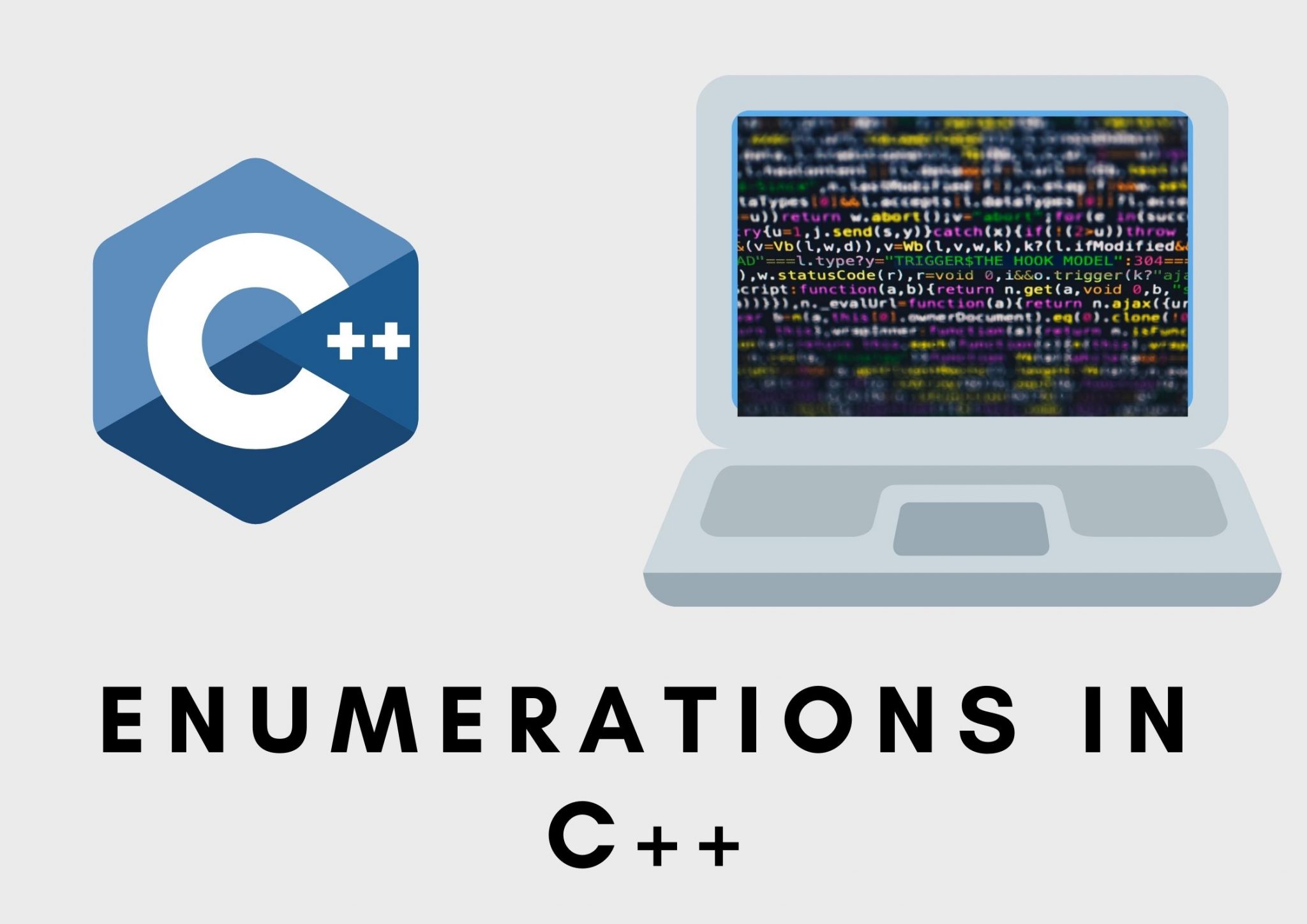
Short Note on Enumerations in C++
Introduction to Enumerations in C++
In C++, enumerations, commonly known as enums, are user-defined data types that offer a convenient and readable way to represent a set of named constant values. Enums provide a more descriptive alternative to using plain integers or preprocessor macros for defining constants. In this short note, we will explore the concept of enumerations in C++, their syntax, advantages, and common use cases.
What are Enumerations in C++?
Enumerations in C++ are used to define a set of named constant values that represent a fixed list of options or states. Each constant value within the enumeration is referred to as an enumerator. Enums enhance code readability by providing descriptive names to represent integral values, making the code self-explanatory.
Syntax of Enumerations in C++:
The syntax to define an enumeration in C++ is as follows:
enum EnumName {
enumerator1,
enumerator2,
// Add more enumerators as needed
};Example of Enumerations in C++:
#include <iostream>
enum Color {
RED,
GREEN,
BLUE
};
int main() {
Color selectedColor = GREEN;
if (selectedColor == RED) {
std::cout << "You chose the color: Red" << std::endl;
} else if (selectedColor == GREEN) {
std::cout << "You chose the color: Green" << std::endl;
} else if (selectedColor == BLUE) {
std::cout << "You chose the color: Blue" << std::endl;
}
return 0;
}Advantages of Using Enumerations:
- Improved Readability: Enumerations make the code more human-readable and self-documenting by providing meaningful names for constant values.
- Compiler Checking: Enumerations provide compiler type-checking, preventing unintended assignment of invalid values.
- Code Maintenance: By using enumerations, if the list of constant values needs to change, modifications can be made in one place, making code maintenance easier.
Common Use Cases of Enumerations:
- State Representation: Enums are commonly used to represent different states or options in a program. For example, representing the status of an application (RUNNING, PAUSED, STOPPED).
- Menu Selections: Enumerations are helpful in representing menu choices in a user interface, providing meaningful labels to menu options.
- Configuration Flags: Enums can be used to define configuration flags or options for a program.
Conclusion
Enumerations offer an elegant and efficient way to represent a set of named constant values, providing better code readability and maintainability. By using enumerations, you can create self-explanatory code that is easier to understand and less prone to errors. Whether you’re defining states, menu selections, or configuration options, leveraging enumerations in your C++ projects will lead to more structured and organized code.